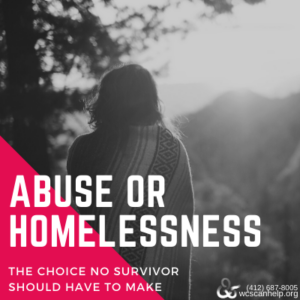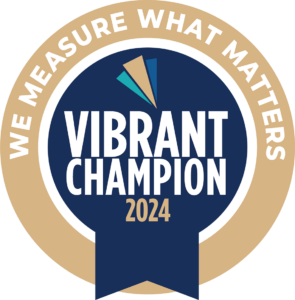Escaping a home where an abuser maintains control does not always equal freedom for women facing intimate partner violence (IPV). Often, it is a path directly to the streets.
IPV is a proven cause of housing instability and homelessness for survivors and families.[1] After enduring the trauma of abuse, a survivor may not have the resources to obtain safe and affordable housing. A study of residents in domestic violence shelters across the U.S. found that 84% stated that they needed help finding affordable housing.[2] The lack of reliable housing can force survivors and their families to remain in abusive households. Women’s Center & Shelter of Greater Pittsburgh (WC&S), in collaboration with Alle-Kiski HOPE Center, Center for Victims, and Crisis Center North, is implementing a new program to help women stuck between violence and homelessness.[3]

The Domestic Violence Unified Project Rapid Re-Housing Program (DV-UP Rapid Re-Housing) is designed to serve single survivors and survivors who are looking for a 1 or 2 bedroom dwelling and are currently fleeing domestic violence. This program provides short-term rental assistance and services for survivors and their families who are experiencing homelessness. While some housing providers refuse to accommodate survivors of IPV, DV-UP Rapid Re-Housing offers assistance without preconditions (such as income or employment). WC&S Advocates support the survivors in three core ways:
Housing Identification – Identifying decent, safe, and affordable housing in a quick manner while making sure the individual or family has a choice in their housing.
Rent and Move-in Assistance – Helping with the costs associated with getting into housing.
Case Management – Stabilizing the individual or family once housed, then ending assistance or connecting to services and support as needed.
On their path to autonomy, survivors of IPV should never have to face the trauma and adversity associated with homelessness. With the DV-UP Rapid Re-Housing Program, WC&S is supporting survivors and their children on their journey to freedom, where they can heal in a safe, reliable home. To learn more about how you can help survivors of IPV facing homelessness, click here.
[1] “Homeless Children and Youth: Causes and Consequences.” National Center for Children in Poverty. http://www.nccp.org/publications/pdf/text_888.pdf
[2] “Meeting Survivors’ Needs: A Multi-State Study of Domestic Violence Shelter Experiences.” National Institute of Justice. http://vawnet.org/sites/default/files/materials/files/2016-08/MeetingSurvivorsNeeds-FullReport.pdf
[3] Domestic Violence and Homelessness. ACLU Women’s Rights Project. https://www.aclu.org/sites/default/files/pdfs/dvhomelessness032106.pdf




